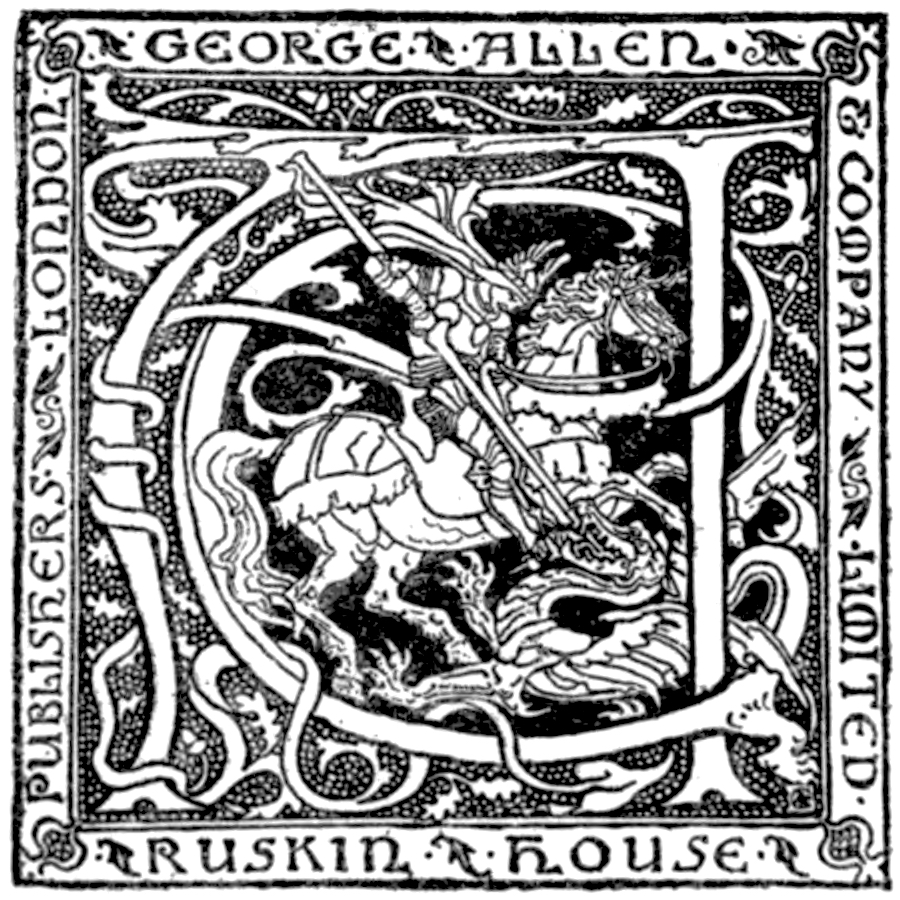
Publishing a book is easy, but selling books is hard. For the most part, only books from mainstream, traditional publishers reach wide readerships, and those big publishing houses have many gatekeepers.
I frequently explain this difficult news to potential clients at our initial, no-cost meeting. Most of what I say is discouraging.
But there are other valid routes to publishing, which can achieve the primary goals of the folks I talk to—academic presses, regional publishing houses, or on-demand or self-publishing.
I’ll talk about those other routes in a future “Writing Ideas” newsletter.
Trade publishing (as the industry is called that publishes books for mass audiences) has retained its power despite the internet. People still buy physical books, and books are expensive to print, publicize, and distribute. National companies have a big advantage over small ones or individuals.
Large publishing houses also have cultural power. Thousands of books are published every day, more than anyone can sort through, and the imprint of a major publisher helps a title break through to reviewers, journalists, store buyers, and ordinary readers. That’s what gatekeepers are for: they weed out the field.
The business model is an old one. An author sells an idea to a publisher, who pays an advance for the right to publish the book, with the first payment on signing of the contract and other payments on completion, publishing, or other milestones. An author also receives royalties—typically 10 to 15 percent of the hardback cover price—once that amount exceeds the advance.
Authors present their ideas in proposals. A proposal is a blueprint for the book, a sales and marketing piece, and a demonstration of the author’s skill, with an extensive writing sample, usually at least one full chapter. Doing a good proposal is 10 to 20 percent of the full effort of writing the book.
To get a book contract, an author’s idea must pass three gatekeepers:
1) A literary agent. Publishers don’t look at proposals that don’t come from agents, because they get too many. Agents, who work on commissions, don’t represent authors unless they think their work will sell.
2) An acquisition editor. The author’s agent submits the proposal to editors at houses that might be interested. If this editor likes it, he or she will try to sell it within the house.
3) An acquisition committee. This part works differently at different publishing houses. Essentially, a team—editors, publicity, sales, marketing, and the head of the imprint—weigh in on the proposal before the house makes an offer of an advance.
The key that opens each gate in the process is the quality of the proposal, the reputation or fame of the author, and the promise of commercial success. Gatekeepers accept book ideas they think will sell.
It is a hard business. That’s one reason people retain me as a coach—I know how it works and I have done it successfully many times.
If you enjoy my newsletter, please share it.